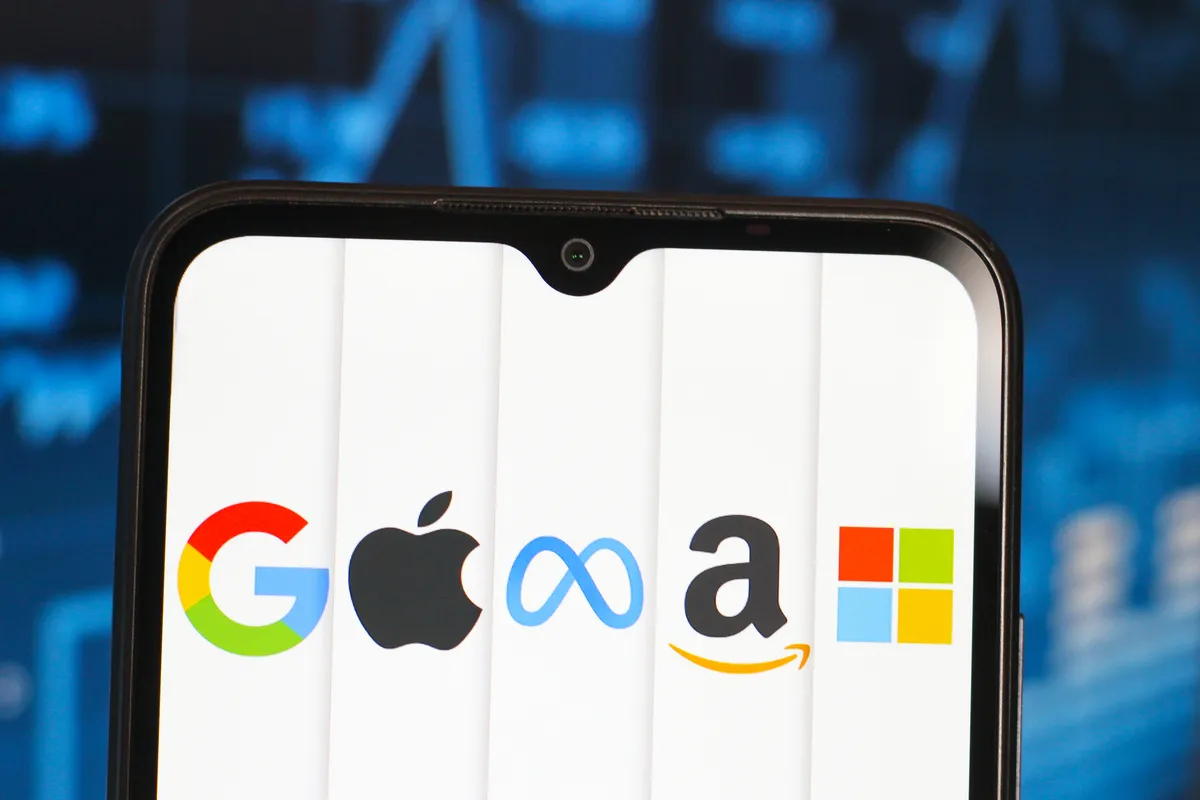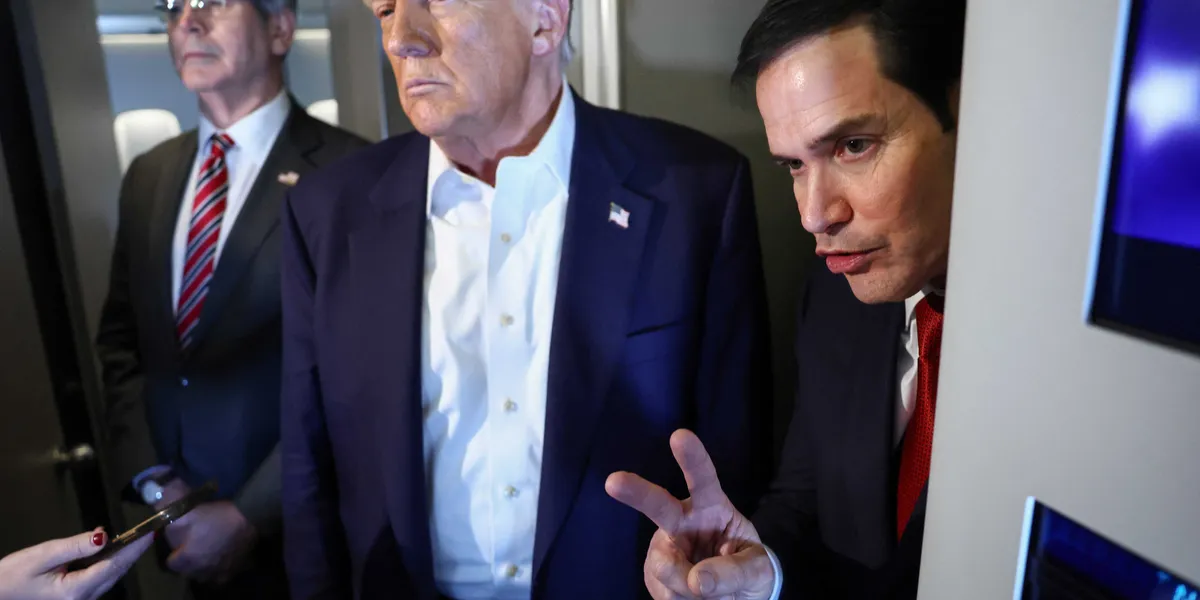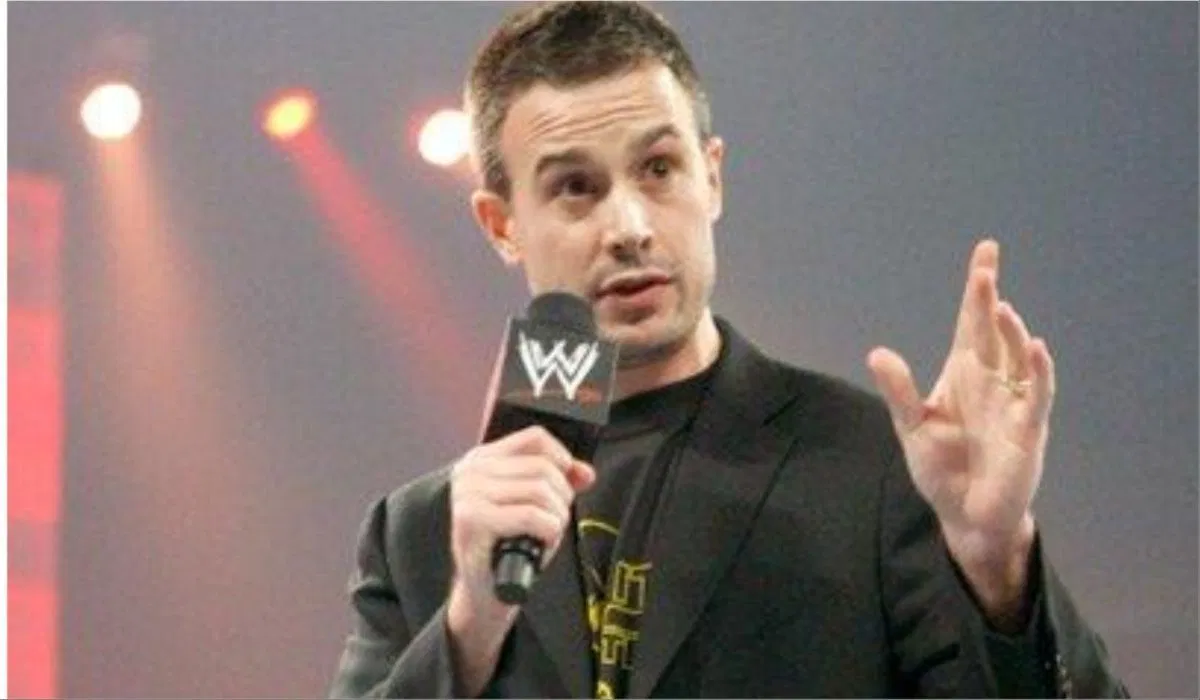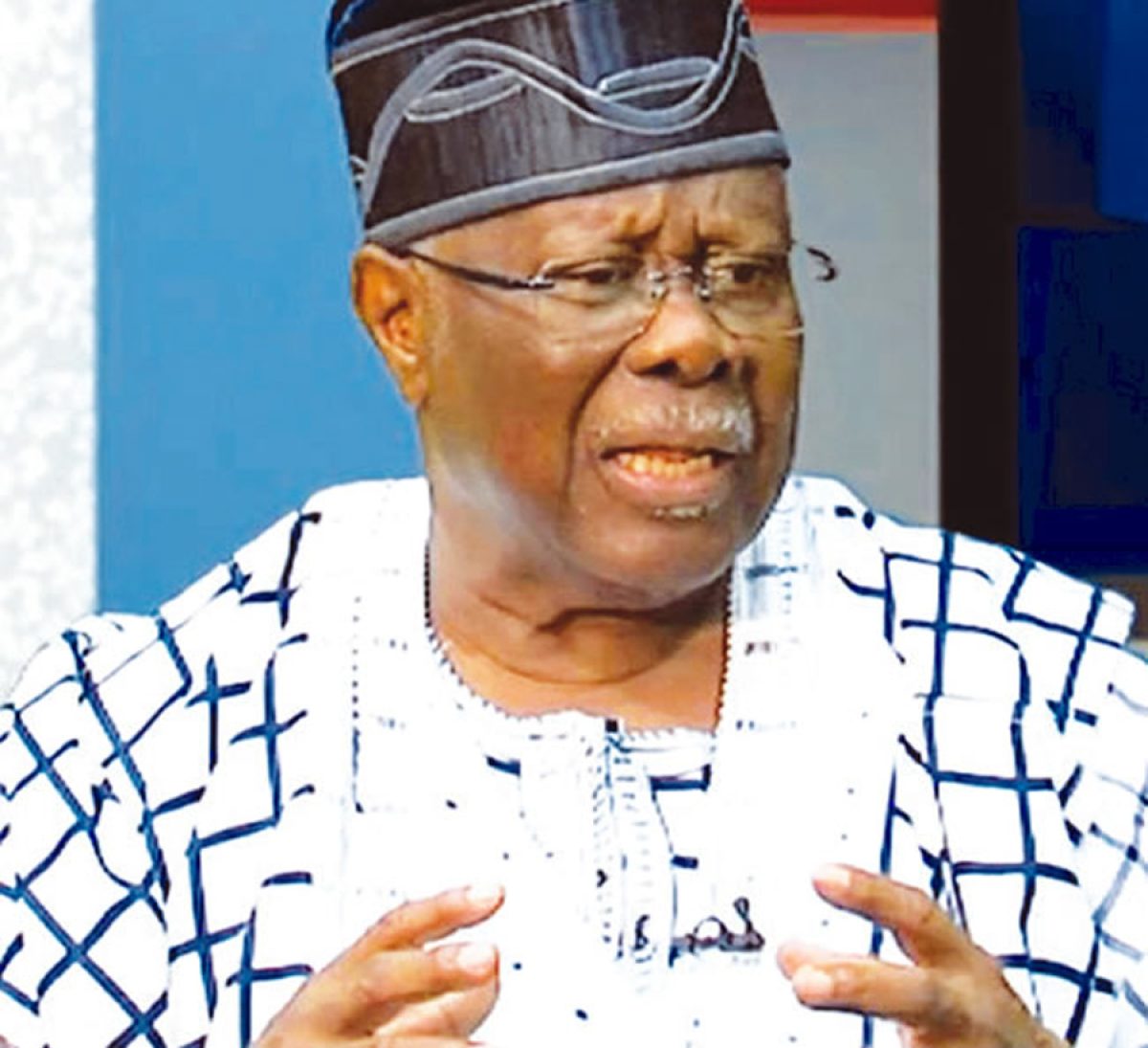Copyright cityam

Wall Street was shaken up by Silicon Valley heavyweights overnight as a trio of Big Techs laid bare the cost of their AI strategies. Alphabet, Meta and Microsoft all reported earnings after the bell on Wednesday, offering investors a glimpse into the now trillion-dollar race to lead the AI boom. But, while Alphabet, Google’s parent company, soared past expectations with a record-breaking quarter, its rivals faced a tougher crowd. The Nasdaq fell one per cent at Thursday’s open as traders digested the mixed results. Meta’s stock tumbled over 12 per cent in after hours trading, wiping $155bn off its market cap, one of its biggest single day hits on records. Meanwhile, Microsoft slipped by just below three per cent. Alphabet soars ahead Alphabet, on the other hand, remained an outlier, climbing by five per cent after soaring past the $100bn quarterly revenue mark for the first time. The split performance summed up Wall Street’s consensus that it’s no longer enough to spend big, investors now need proof those billions are paying off. But Alphabet offered just that. Revenue jumped 16 per cent to $102.3bn, with both its search and cloud divisions exceeding forecasts. Net income climbed to $35bn, up a third from a year ago. The search giant owner also revealed a $155bn cloud backlog, underlining booming demand for the infrastructure powering AI models. Despite lifting its full year capital expenditure forecast to nearly $93bn, markets seem to celebrate Alphabet’s balance between investment and returns. Analysts called it a statement from a firm that’s learned to grow, and spend, with discipline. “Alphabet just delivered itsw first-ever $100bn quarter, silencing the doubters”, said Matt Britzman, senior equity analyst at Hargreaves Lansdown. “AI overviews and AI mode are resonating with userws, helping to ease fears that Google’s core search business is under threat from generative AI.” Microsoft and Meta falter Meanwhile, Microsoft posted solid headline numbers, posting $77.7bn in revenue, up 18 per cent, and $27.7bn in profit, up 12 per cent. But, it wasn’t enough to keep investors happy. Azure cloud revenue grew around 39 per cent, slightly short of the most bullish expectations. Capex surged to $34.9bn, a 74 per cent jump year-on-year, as chief executive Satya Nadella vowed to build “planet scale” infrastructure for the AI era. That ramp up left some uneasy. “The AI trade is still the only game in town”, said Ben Barringer, head of tech research at Quilter Cheviot.” “But until those dynamics flip – when demand cools and supply catches up – investors will keep rewarding balance sheets, not just blue-sky promises.” The biggest wobble came from Meta. Revenue grew to $51.2bn, but the social media giant shocked markets by lifting next year’s spending plans to as much as $72bn, warning 2026 would see “notably larger” outlays again. Mark Zuckerberg insisted the investment was necessary to push forward his vision of “personal superintelligence”, but investors were unconvinced. Meta’s shares sank nearly 10 per cent in after-hours trading, the latest sign of fatigue with the company’s “spend now, monetise later” approach. It didn’t help that a one-off $15bn tax charge linked to Donald Trump’s fiscal reforms sent quarterly profits down 83 per cent to $2.7bn. Market reactions By US market open on Thursday, the mood had soured further. The S&P 500 slipped 0.4 per cent, the Nasdaq one per cent, and traders rotated into financials and healthcare, leaving the Dow Jones up 0.6 per cent. The selloff gatehered steam after the Fed chair Jerome Powell poured cold water on hopes of another rate cut in December, dubbing it “far from a foregone conclusion.” For all the volatility, Big Tech’s influence remains huge, with the Mag Seven still making up nearly a third of the S&P 500’s total market cap. This week’s results will set the tone for Apple and Amazon when they report at market close on Thursday. The AI gold rush is beginning to separate the winners from the dreamers, as Alphabet proves AI can be turned into profit, while Meta is still trying to convince markets that its vision will ever pay for itself.



